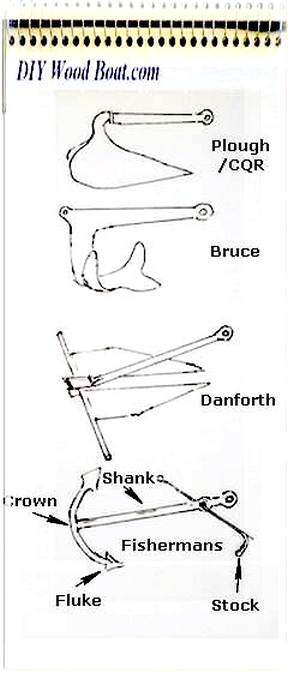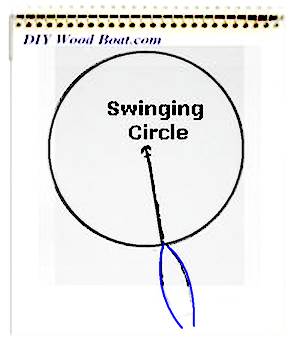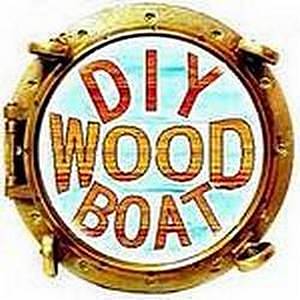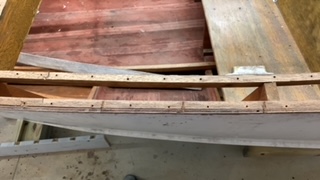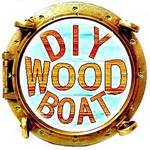Foraging for Food on the Seashore
Have Fun Foraging for food on the shore, not as a survivalist trying to live off the land/sea but just as an enjoyable and educational thing to do.
Learn about nature in the wild and enjoy some of the freshest, tastiest, plastic free food, for free.
Freshly gathered or caught seafood is also very tasty, nutritious and plastic free.

And gathering and catching is the natural way, for young and old, to
learn about the ebb and flow of the tide, the changing seasons and
weather patterns and
how they affect the natural environment.
"To stand at the edge of the sea, to sense the ebb and flow of the tides, to feel the breath of a mist moving over a great salt marsh, to watch the flight of shore birds that have swept up and down the surf lines of the continents for untold thousands of years, to see the running of the old eels and the young shad to the sea, is to have knowledge of things that are as nearly eternal as any earthly life can be.
These things were before ever man stood on the shore of the ocean and looked out upon it with wonder; they continue year in, year out, through the centuries and the ages, while man's kingdoms rise and fall."
(Rachel Carson "Under The Sea-Wind")
to Search for books on Rachel Carson from an Independent Book Shop Near You.
Hunter Gathering for Fun

I am constantly humbled by how little I know about the natural world around me.
Yet the kid in me still loves to poke about in rock pools, perhaps it is just curiosity or maybe there is some vestige of the hunter gathering instinct still dormant in my psyche?
Unfortunately it is virtually impossible to live the hunter gatherer lifestyle in our modern overcrowded world.
And not many of us would be prepared to put up with the vicissitudes of
such a life.
However, for the forager, the seashore not only holds surprising culinary potential but learning about these foods can be a fun way to enrich your knowledge of the environment.
And perhaps also help us to learn to live more harmoniously with nature.

Almost any seacoast has its share of wild food but to take advantage you will need to learn about the ebb and flow of the tide, the changing rhythms of the seasons as well as the fascinating unpredictability of nature.
Treat it as fun and be flexible, learn to adapt and adjust to what comes your way by resurrecting your innate senses of the hunter-gatherer.
However, to keep it fun you must always be aware that the coat is potentially a wild and dangerous place.

There
are numerous traps for the unwary.
Every year rescue services around the world are called upon to retrieve
people trapped by the tide, yet tides are predictable, it only takes a
few moments to
check the tables
Always err on the side of
caution.
The same goes for weather forecasts, go prepared for the worst,
regardless.
Get as much local knowledge as you can regarding the safety of the area.
Also check up on any local laws or regulations regarding foraging.
More and more authorities are designation areas as protected, mostly for environmental reasons, the claim that you only wanted a few shrimps might not save you from a hefty fine.
The sensible advice is to never go off into the wild on your own, however there are those, myself included, who prefer the solitude.
So, if you are going off on your own at least let someone know where
you are going and when you plan to return, and just as importantly, let
them know when you get back or if you change your plans.
Carry a good, dependable, field guide, this should, as well as helping
you to identify wild life, have information on the environmental and
legal aspects of catching or gathering whatever you have found.
A good regional guide might also contain other interesting information
such as folk lore, folk remedies etc.
And beware the unpredictable, such as a nip from a crab, it might not be life threatening but it can hurt like hell.
Foraging Etiquette
Even
though most of the plants and 'animals' found on the coast are
edible, never eat anything that you cannot positively identify as being
absolutely safe to eat.
In any type of foraging, consider the impact you have on the
environment.
If too much is gathered, not enough may be left to enable natural
replacement.
Don't disturb surrounding plant or animal life, and take only what you will use.
When collecting shellfish only pick a few from each spot and don't leave great piles of mud which will only smother other organisms underneath.
Don't take anything if the plant, algae or animal isn't abundant, and try to pick leaves and fronds without killing the plant.
And do look out for those tasty morsels which have not become
fashionable or have gone out of fashion, there are numerous examples of
tasty sea foods which are underutilised.
Most seafood is best eaten fresh, so for gastronomic as well as moral
reasons learn how to and be prepared to, kill anything you catch
quickly and efficiently.
Kill quickly and eat soon.

Plants and Seaweed

For the gatherers rather than the hunters there are numerous tasty
'seashore
plants' growing both above and below the high tide line.
To survive in these salty environments these plants have not only
adapted to preserve water inside themselves but are, mostly, agreeably
succulent and tangy.
Many seashore plants such as Samphire
provide the forager with the perfect
accompaniments to fish dishes.
Seaweeds are something of an acquired taste.
However, they are very common, easily picked and are very nutritious.
Shellfish

Shellfish
are "the original fast food".
For taste, food value and in many cases availability shellfish are hard
to beat.
Unfortunately in our modern, 'civilised', world one does have to be wary of pollution levels, especially when foraging for bivalves such as cockles and mussels.

And mind your fingers when catching crabs.
Fish

I
have to
confess that fishing is not my favourite occupation nor am I
that keen on killing those beautiful fish but I can think of nothing
better having a freshly caught fish for dinner.
For me the eating is more important than the fishing.
However to eat I need to catch.
In order to catch you've got to know how the fish are likely to react to the changing tides and currents.
Also important to have some idea of what you are fishing for and where to find those fish.
You need to consider the weather and not just for your own safety and comfort.

Fish too are affected by the weather.
They
do
seem to be more inclined to 'bite' in wet weather and when the
barometer is low.
The more you know, the less time you will spend fishing and more time
catching.
Lastly, you need to know if there are any regulations or restriction in place and any license requirements for the area you are fishing.
Resources
The Young People's Trust for the
Environment, UK
NATIVE ASYNC








